11 Doctor-Approved Ways to Protect Your Kidneys Before It’s Too Late
Your kidneys quietly power your well-being every day, filtering waste, balancing your fluids, and helping regulate blood pressure—yet most of us don't give them a second thought until problems arise. Chronic kidney disease (CKD) is a silent epidemic in the United States, affecting roughly 37 million adults. Even more staggering, 90% of people with CKD don’t realize their kidneys are under threat until the condition has quietly advanced. As we age, our risk naturally rises, but proactive, everyday habits can make a remarkable difference in preserving precious kidney function. This guide isn’t here to scare you—it’s here to empower, offering practical steps rooted in science and delivered with gentle encouragement. You’ll discover how small, sustainable shifts in your routine can protect your kidneys now and keep you feeling vibrant for years to come. Let’s walk through 11 doctor-approved strategies, each one a building block for lifelong kidney wellness. Your path to protection starts with curiosity, compassion, and confidence in your ability to nurture your own well-being—one mindful choice at a time.
1. Know the Silent Signs Early
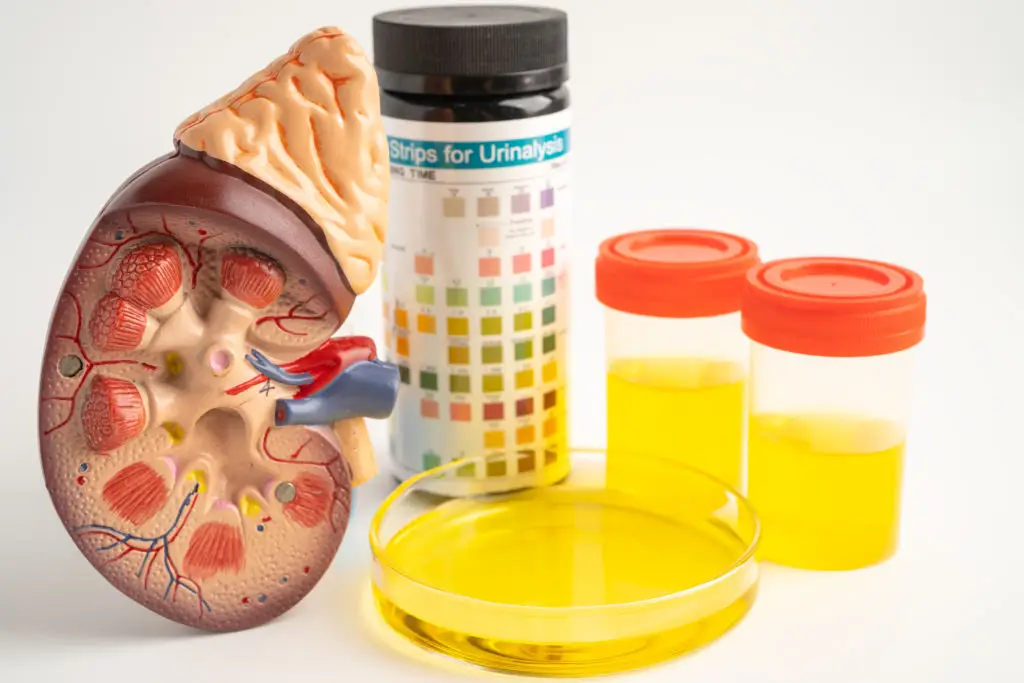
Kidney problems often whisper before they shout, making early recognition a powerful tool. Many people don’t experience obvious discomfort in the early stages of chronic kidney disease, which helps explain why nearly 90% remain unaware their kidneys are in trouble. Still, subtle signs do appear—but they're easy to miss if you’re not sure what to look for. Watch for persistent foamy or bubbly urine, which can signal excess protein; changes in urination patterns, like going more or less often; unexplained fatigue or weakness; skin that begins to itch more than usual; puffiness around your eyes or ankles; and even a persistent metallic taste in your mouth. Some people feel queasy, lose their appetite, or notice trouble with concentration as waste builds up in the body. These signs can overlap with other conditions, so don’t self-diagnose. Think of them as gentle nudges from your body, encouraging you to have an open conversation with your doctor—especially if you notice two or more frequently. You’re the expert on your body’s rhythms, and noticing even small differences can be a gift to your long-term wellness. Early action is an act of self-care for your future self.
2. Recognize Your Personal Risk Factors

Understanding your own risk is a vital act of self-advocacy. Certain factors quietly raise your chances of kidney problems, but awareness lets you take charge. Diabetes, high blood pressure, and heart disease top the list of medical causes—these conditions can gradually wear out your kidneys’ delicate filtering units. Being over age 60, carrying extra weight, or having a close relative with kidney disease also puts you at greater risk, as does certain ethnic backgrounds. Sometimes, risk comes from a combination of these traits rather than a single cause. If any of these sound familiar, know you’re not alone—millions of Americans fall into these groups. This isn’t a reason for alarm, but a gentle nudge to tune in more closely to your body and work proactively with your healthcare provider. Your risk factors are just one chapter of your health story, not the whole book. The earlier you know them, the sooner you can take meaningful steps, big or small, toward protection. Self-awareness is the first spark for positive change, empowering you to shape your future with knowledge and kindness.
3. Monitor Key Health Numbers Regularly
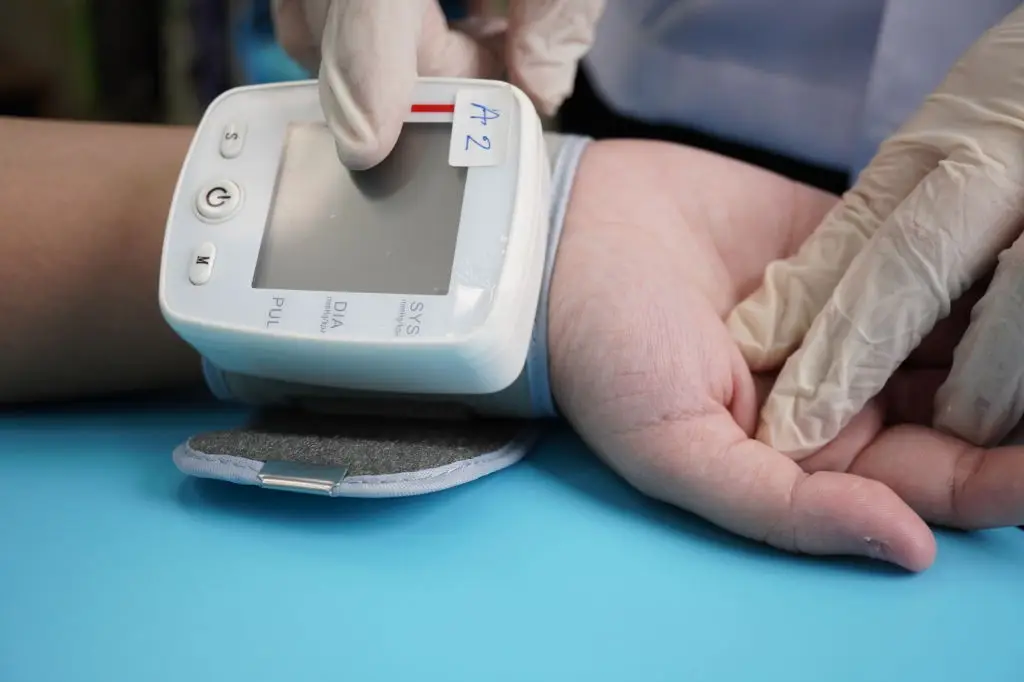
Numbers tell a powerful story about your kidney health. Regular checkups give you a window into how well your kidneys are working—even before you feel a thing. Blood pressure, blood sugar, and specific lab values (like creatinine and the glomerular filtration rate, or GFR) provide early answers that help you and your doctor spot problems before they grow. Don’t hesitate to ask for these checks during routine exams, especially if you have risk factors or a family history. If the letters and numbers on your lab report look confusing, that’s natural—ask your care team to walk you through what they mean and what to watch over time. Getting comfortable with these tests isn’t about chasing perfection; it’s about taking charge and detecting any quiet changes early. When you know your own baseline, it becomes easier to spot patterns, track improvements, and celebrate small victories. Think of each check as a powerful tool in your wellness toolkit, turning curiosity into confidence and uncertainty into a clear path forward.
4. Manage Blood Pressure with Care
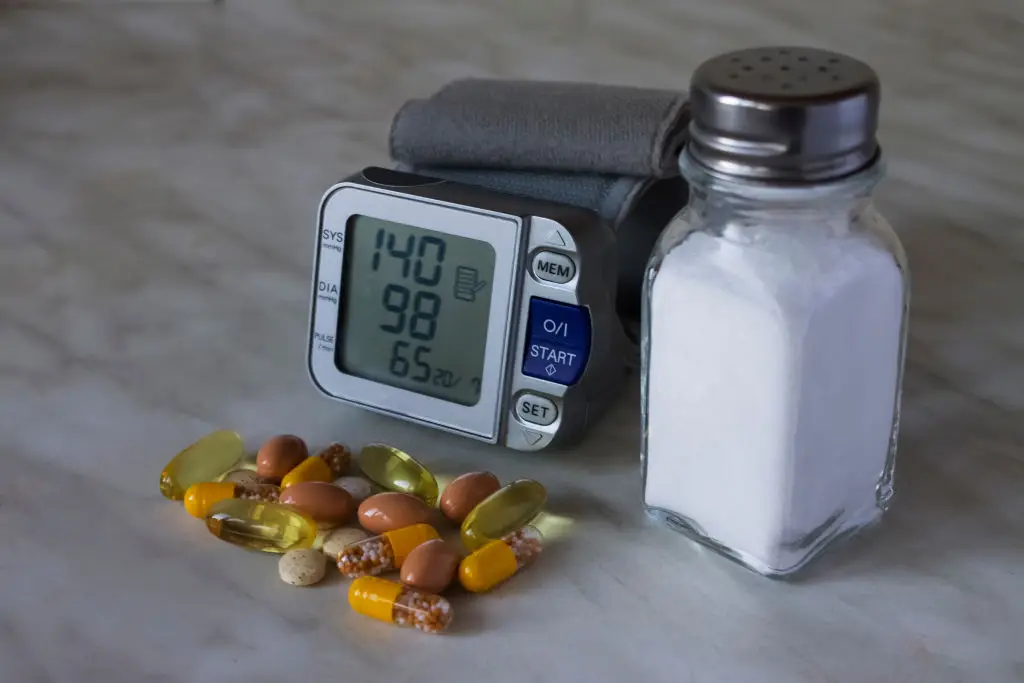
Maintaining healthy blood pressure is one of the kindest things you can do for your kidneys. High blood pressure forces the tiny blood vessels in your kidneys to work harder, eventually making it tough for them to keep up. If your blood pressure runs high—whether due to genetics, stress, or lifestyle—don’t feel discouraged. Many people live full, active lives with a combination of medication, mindful diet choices, and supportive routines. Take Crystal King’s story: with the help of blood pressure medicine and a low-sodium diet, her kidney function remained stable for over two decades. If medication is part of your routine, take it as directed and keep an eye on your salt intake; even small reductions can make a real difference. Checking your blood pressure at home or at your local pharmacy is a practical step, too. Remember, good blood pressure isn’t just a number—it’s protection for every cell in your body, kidneys included.
5. Eat Kidney-Friendly Foods
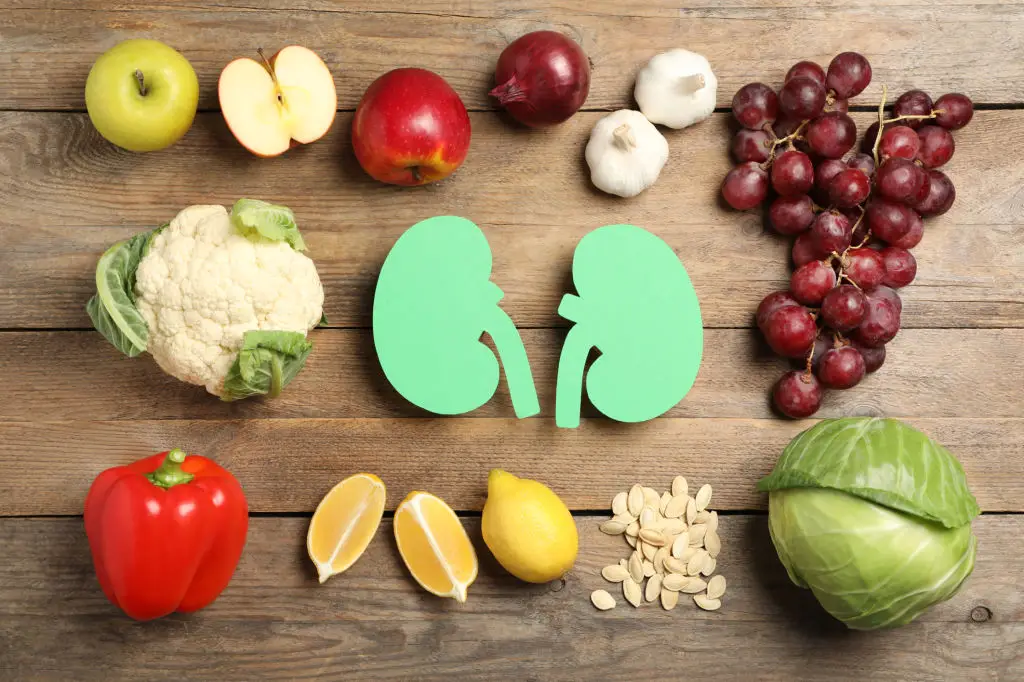
Food is a daily opportunity for gentle self-care. Eating with your kidneys in mind doesn’t require a complete overhaul—small shifts add up over time. Focus on fresh fruits and vegetables, whole grains, and lean proteins like chicken, fish, or plant-based options. The much-recommended DASH (Dietary Approaches to Stop Hypertension) diet is especially supportive: it’s naturally lower in salt and rich in nutrients that promote kidney and heart health. Making meals at home lets you control the salt shaker and experiment with herbs for flavor. Watch out for packaged snacks, processed foods, and restaurant meals, which often sneak in more sodium than we realize. Swap salty chips for crunchy vegetables or roasted chickpeas, and choose fresh food when possible. Sharing meals with others, embracing gentle variety, and honoring your own preferences all belong in a kidney-friendly kitchen. With each bite, you create a foundation for energy, comfort, and resilience in the years ahead.
6. Reduce Sugar and Control Diabetes
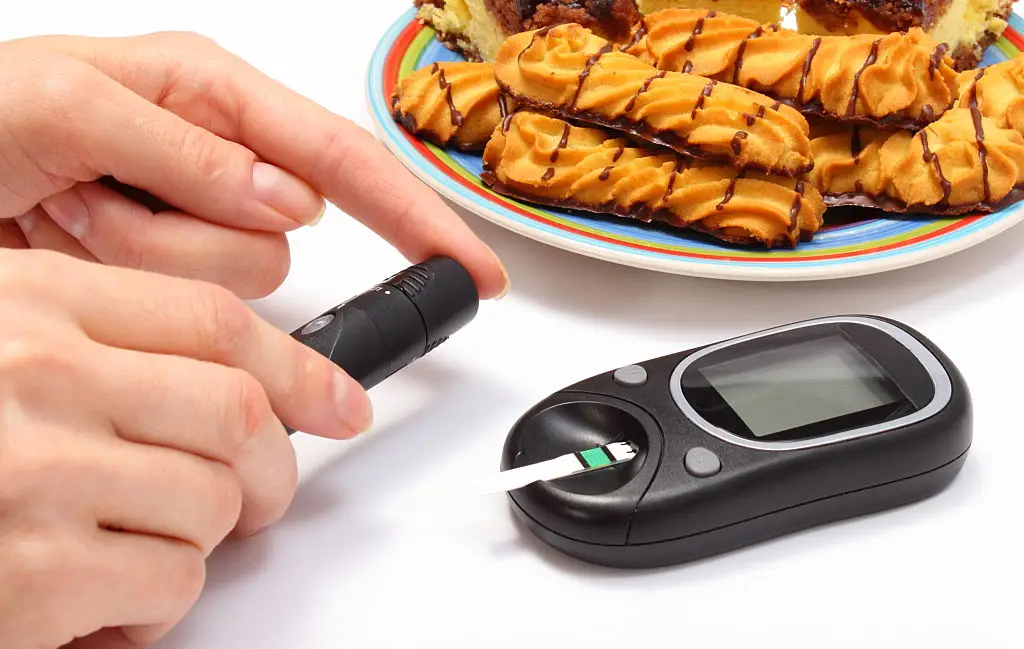
Diabetes is the leading cause of kidney problems in America, but knowledge offers real power. High blood sugar slowly damages the blood vessels in your kidneys—the longer your sugar runs high, the greater the strain. Even if you haven’t been told you have diabetes, mindful sugar habits benefit almost everyone as we age. Choose whole fruits over overly sweetened treats, and pair carbohydrates with protein or healthy fat to avoid sharp spikes and crashes. If you manage diabetes, keep up with blood sugar checks and partner closely with your healthcare team to set realistic target numbers. Changing long-held eating patterns can feel daunting, but you don’t need to aim for perfection. Each mindful substitution, every balanced snack, counts toward protecting your kidneys. Patient progress, not overnight transformation, is what supports lifelong health and confidence.
7. Move Your Body in Gentle Ways

Your kidneys love regular movement—even if it’s as simple as a daily stroll or stretching in your living room. Physical activity helps manage weight, lowers blood pressure, supports blood sugar control, and gently boosts your mood. You don’t need to run marathons or sweat for hours at the gym; in fact, activities like walking, swimming, gentle yoga, or dancing are all kidney-friendly. Those with mobility challenges can adapt: chair exercises, gardening, or water aerobics may be excellent alternatives. Start where you are—ten minutes here and there counts. See movement as a celebration of what your body can do, not a punishment or obligation. With every gentle step, twist, or breath, you’re supporting your kidneys and everything they do for your body. Movement is a daily gift you give yourself—enjoy exploring what feels best to you.
8. Drink Water Mindfully

Hydration is a cornerstone of kidney health, but the right balance matters. Your kidneys rely on enough fluid to filter out waste, but more is not always better. For most adults, six to eight glasses of water a day works well—but individual needs vary and should reflect your overall health, activity level, and doctor’s advice. If you sweat a lot, exercise often, or live in a hot climate, you may need more. At the same time, people with existing kidney problems or certain heart conditions may need to limit fluids. Notice the color of your urine; pale yellow usually means good hydration, while dark yellow may signal it’s time for another sip. Herbal teas, soups, and water-rich fruits count too. Listen to your body, and take breaks for water during the day. Gentle hydration is about supporting your kidneys in their daily work, without unnecessary extremes. If you have questions about your specific needs, check in with your doctor for personalized guidance.
9. Be Mindful with Medications
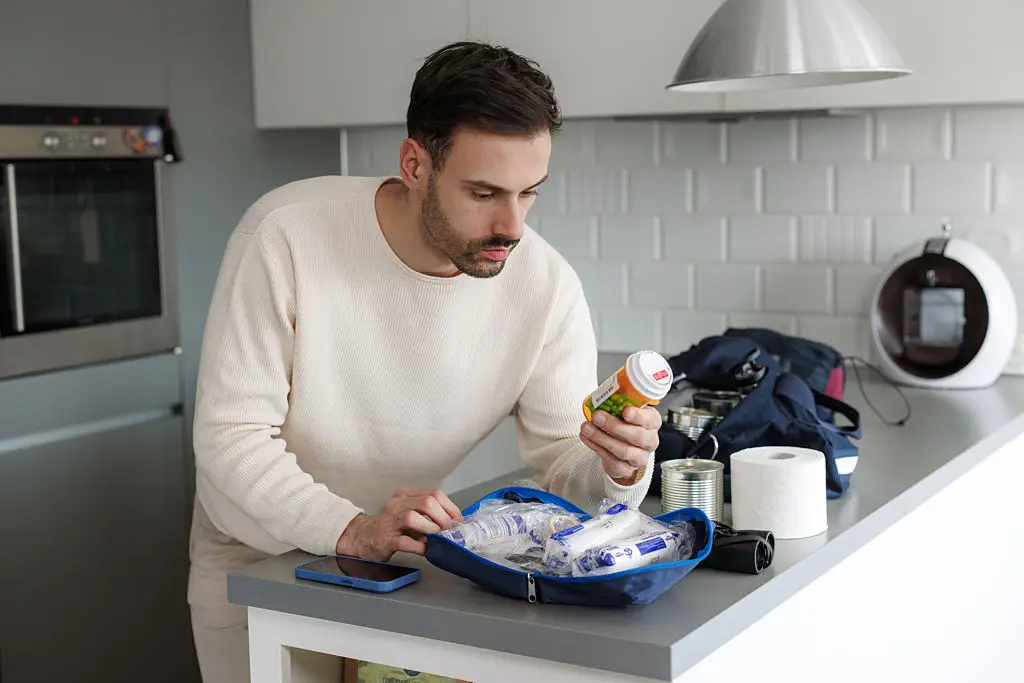
Medications play a vital role in many wellness journeys—but some common drugs aren’t so gentle on your kidneys. Ibuprofen, naproxen, Advil, Aleve and other over-the-counter pain relievers (known as NSAIDs) can strain your kidneys, especially if used often or in high doses. Some prescription drugs, antacids, or herbal supplements may also cause trouble for sensitive kidneys. If pain sticks around, chat with your doctor before reaching for the medicine bottle routinely. Never stop or change prescribed medications without medical advice, but do keep an updated list of everything you take and share it during appointments. If you need regular pain relief, ask about options that place less stress on your kidneys. Respecting both the power and the risk of medicine allows you to make wiser choices for your body. Your pharmacist is another ally, ready to help you find what works best for your needs and history.
10. Give Your Kidneys a Break from Smoking & Excess Alcohol
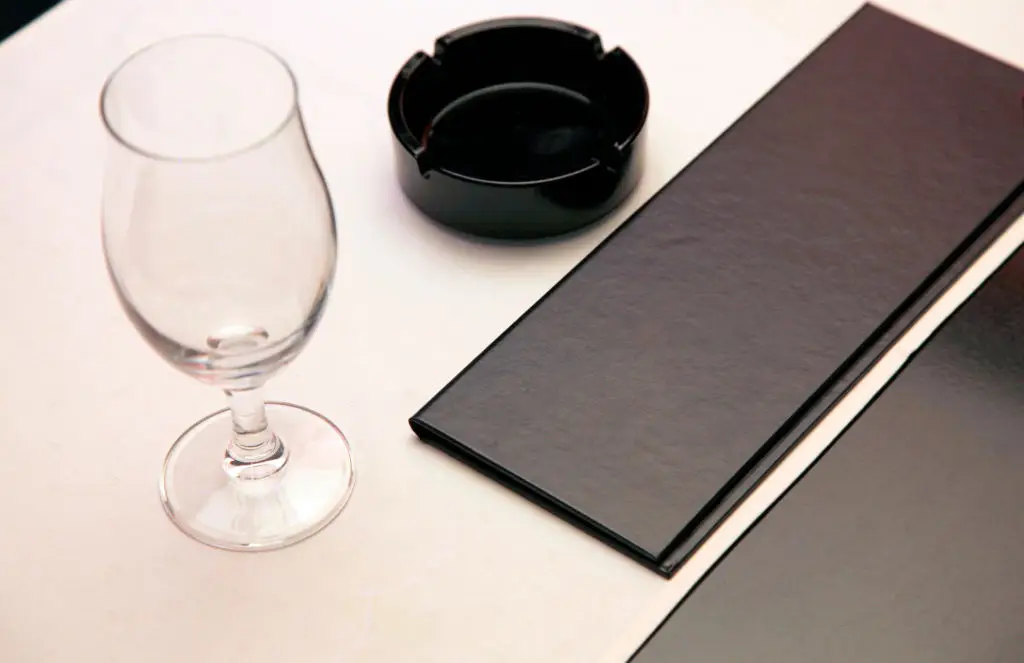
Smoking and heavy drinking quietly wear out your kidneys over time—another reason to be gentle with yourself as you navigate these choices. Smoking narrows blood vessels, limiting crucial kidney blood flow and speeding up existing damage. Alcohol, especially in larger amounts, can trigger dehydration and raise blood pressure, compounding the risk. If you smoke or drink, approach change at your own pace, knowing that every step is progress, not judgment. For some, cutting back on one drink or using nicotine patches is the right fit; for others, seeking support from friends, family, or a coach makes all the difference. There’s no finish line—just opportunities to support your body in different ways each day. Let go of any shame about old habits; you’re building new ones that honor all you’ve learned and all that lies ahead.
11. Prioritize Regular Checkups & Open Communication

Routine checkups might sound basic, but they’re a powerful thread connecting all the advice in this guide. Primary care providers, specialists, and pharmacists each play a unique part in your health story. Bring your questions—even those that feel minor. Ask specifically about kidney labs, discuss your risk factors, and share any new or persistent symptoms. If you feel nervous, jot down questions ahead of time. Open dialogue makes it easier to navigate prescription changes, spot issues before they escalate, and design a plan that fits your life. Taking ownership of communication doesn't mean you have to know everything—it just means showing up as an active partner. Remember, checkups are preventative care, not “bad news” appointments. Each visit holds potential, reassurance, and gentle room for hope. Your care team is there to empower and support you—never to judge.
Let Compassion Empower Your Kidney Wellness Journey

Your kidneys have been quietly working on your behalf every single day—often without thanks, fanfare, or even your awareness. The good news is that protection doesn’t start with drastic changes or perfection. It’s rooted in compassion for yourself, gentle curiosity, and a willingness to experiment with small shifts. Maybe you focus on one tip for a few weeks—cutting back on salty snacks or getting outside for a short walk—and notice how your body feels. Perhaps you ask for an extra lab test at your next doctor’s visit, or finally bring up that lingering fatigue you’ve wanted to discuss. Each step builds resilience, not just for your kidneys but for your whole sense of well-being. The journey toward healthier kidneys is woven into the fabric of how you care for yourself—patiently, kindly, and realistically. Celebrate your progress, honor your effort, and trust that each act of nurturing yourself brings you closer to a vibrant, balanced life. Kidney wellness is a lifelong gift, one you absolutely deserve to enjoy.
